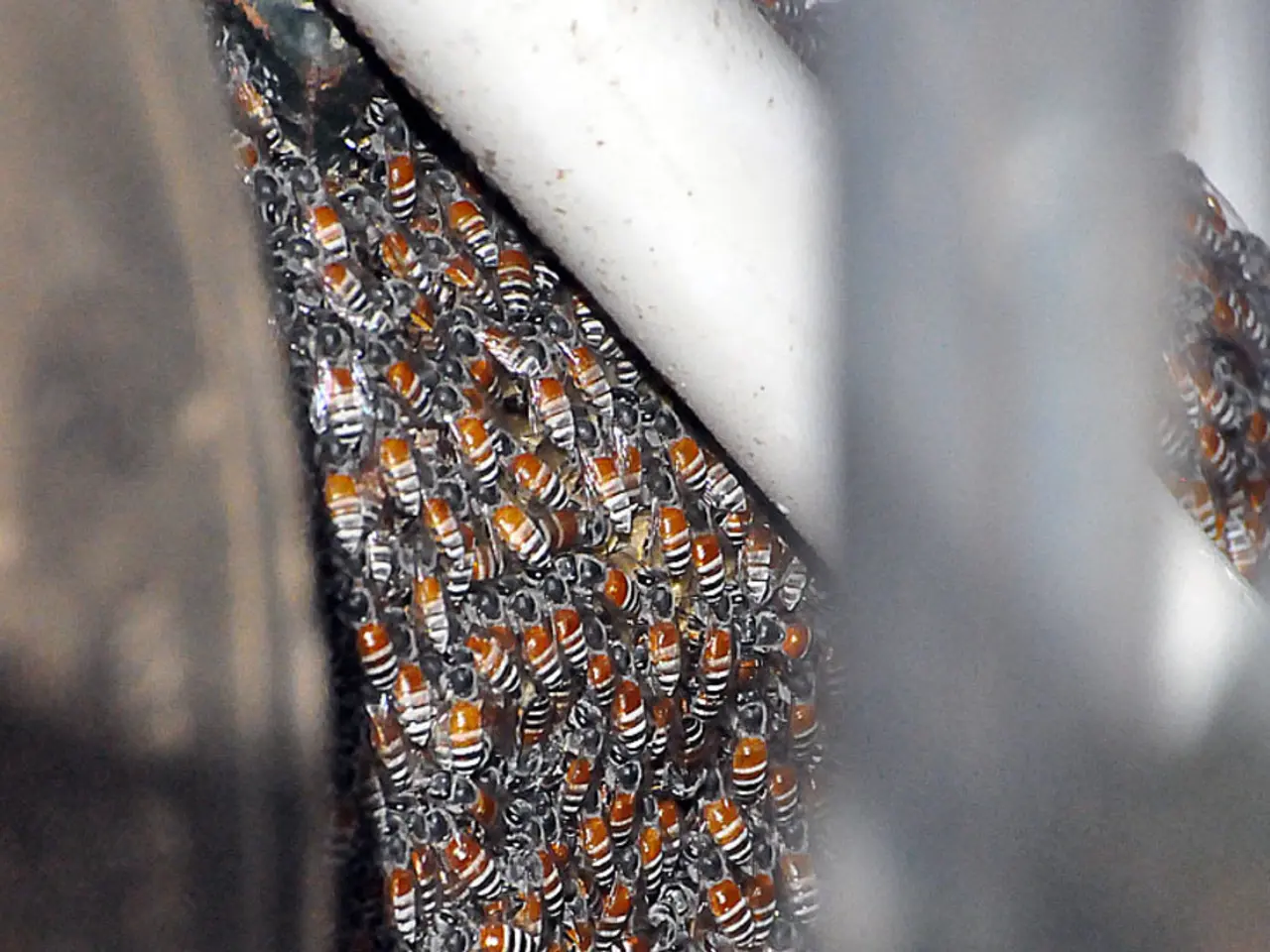Economic Analysis of Honey: Exploring Its Significance in Past and Present Societies
The Enduring Significance of Honey: A Global Perspective
From ancient times to the present day, honey has held a remarkable position in global trade and economics. This golden nectar, gathered by bees, has played a crucial role in shaping commerce, culture, and society.
In the days of ancient Egypt, Greece, and Rome, honey was celebrated for its medicinal properties and was considered a symbol of wealth. Beekeeping innovations during these periods facilitated honey production and trade, boosting the economic value of this precious commodity and spreading beekeeping practices worldwide.
Ancient texts and archaeological findings offer a fascinating glimpse into the historical significance of honey and beekeeping in Egypt. Honey was not only a valuable tribute to the gods but also served as a form of currency in Greek civilization. In Roman cuisine, honey was a common ingredient in various dishes and beverages.
Fast forward to modern times, honey remains an essential agricultural product with a thriving global market. Its value extends beyond culinary and medicinal uses, as beekeeping supports rural livelihoods and agricultural ecosystems through pollination services. Honey production is a significant economic activity, with market dynamics such as supply fluctuations directly impacting trade prices and the economies of producing countries.
On a global trade scale, honey continues to influence agricultural exports and imports, particularly within regions like Europe where agri-food trade is robust. Although honey is a small part of overall agri-food exports, the importance of specialty honeys and varietal differences contributes to ongoing demand and trade diversification.
However, the modern honey market faces challenges like adulteration, price volatility, and consumer demand for sustainability and transparency. The toxic impact of honey adulteration is a concerning issue, with potential health risks associated with adulterated products. To address these challenges, efforts are being made to promote ethical beekeeping practices, reduce pesticide use, and preserve natural bee habitats.
In today's global honey market, the United States and European countries emerge as significant consumers, while a rich tapestry of nations, from China and New Zealand to Argentina, takes the lead in honey production. Innovations in beekeeping, such as the introduction of movable frame hives, continue to play a pivotal role in meeting the increasing demand for honey.
Our website sets an example in the honey industry by adhering to ethical beekeeping practices that prioritize quality and sustainability. The Organic Honey Market report for 2023 highlights key players and innovations for the years leading up to 2031.
In summary, honey has historically driven early trade expansion via its cultural and economic value, and today it remains a valuable commodity influencing rural economies, agricultural sustainability, and regional trade markets globally. Modern challenges such as climate and weather affecting honey yields continue to have economic repercussions in local and international markets. The future of honey production lies in balancing economic gains with sustainable practices to ensure the continued prosperity of this ancient trade.
- Despite its ancient history, honey continues to hold a significant position in modern sports nutrition due to its natural energy-boosting properties, making it popular among athletes.
- In the context of global trade, the ongoing demand for quality honey, particularly in specialty markets, contributes to its reputation as a lucrative agricultural product, supporting rural livelihoods and driving regional economic growth.








